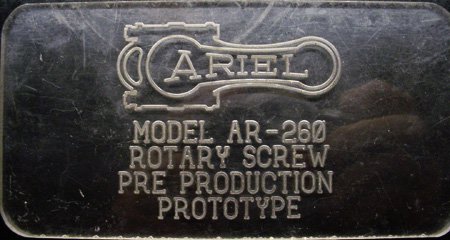- Joined
- Dec 18, 2013
- Messages
- 2,012
Keven45: All of us that have run a CNC for more than a very short time have crashed one.
Not me, I have several years running CNC machines and zero crashes. My brother has run his Haas and Mori lathes and mills for 18+ years...zero crashes. Its altogether possible to run CNC machines without crashing them. Knowing the thousands of dollars to fix them will come out of your own pocket helps. He did have a bolt snap on a Haas tool carousel once, the entire carousel fell off CRASH...while he was taking a dump that was some hilarity. lol


